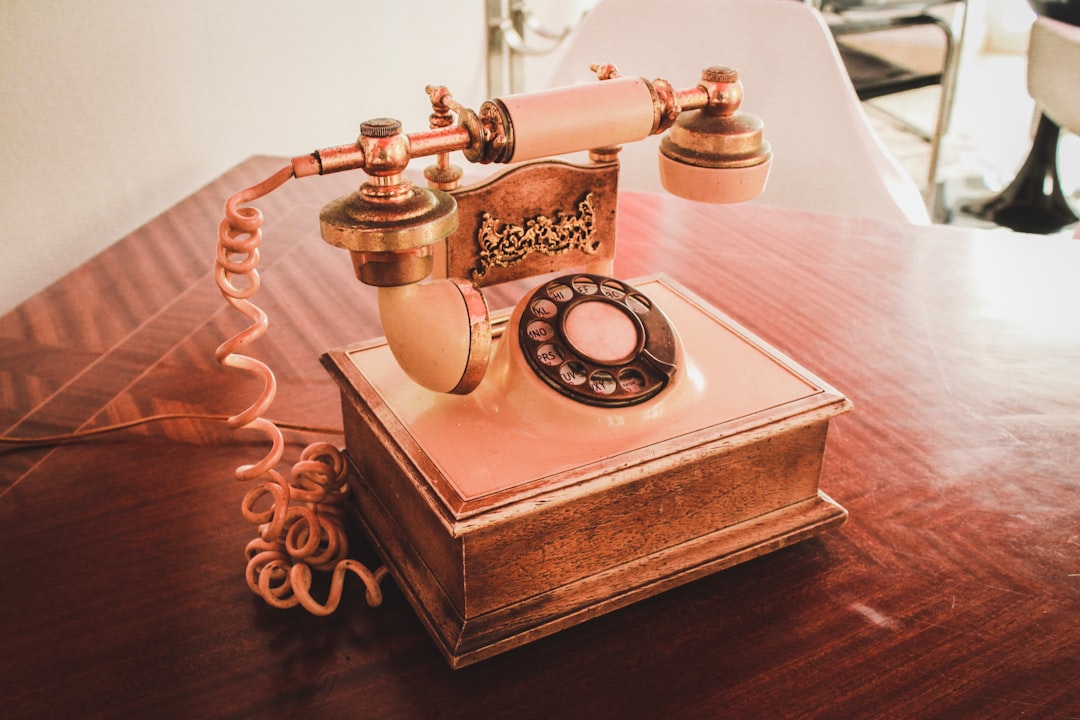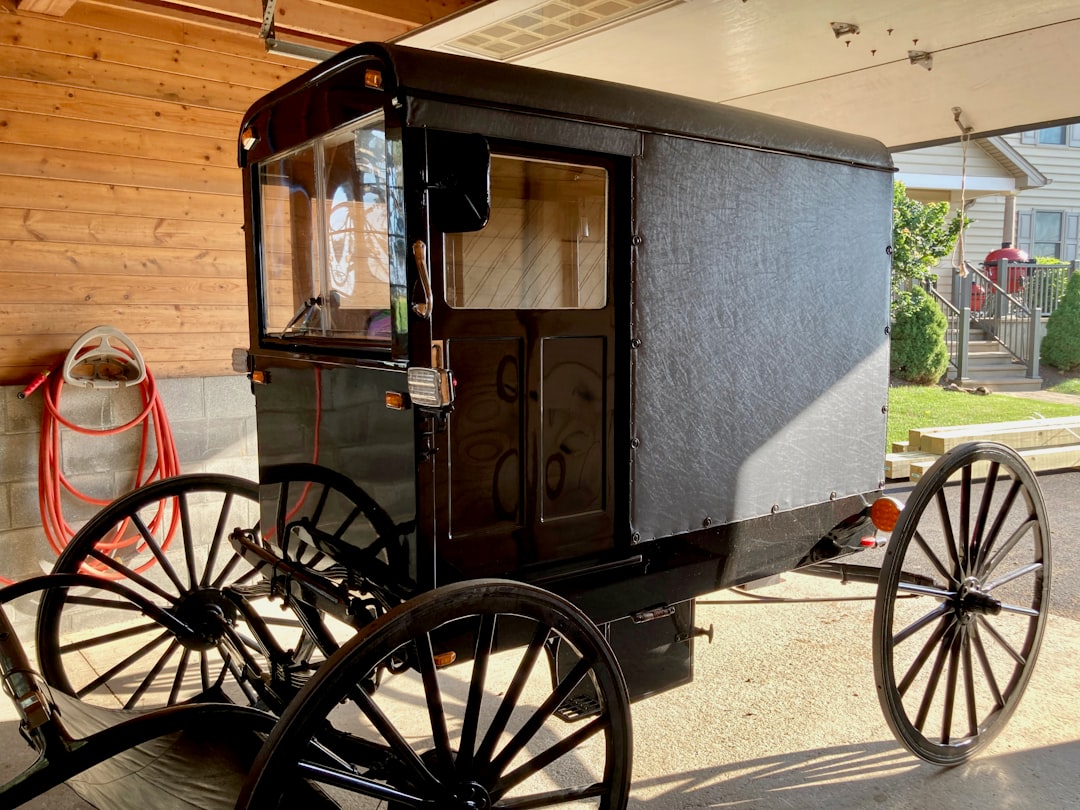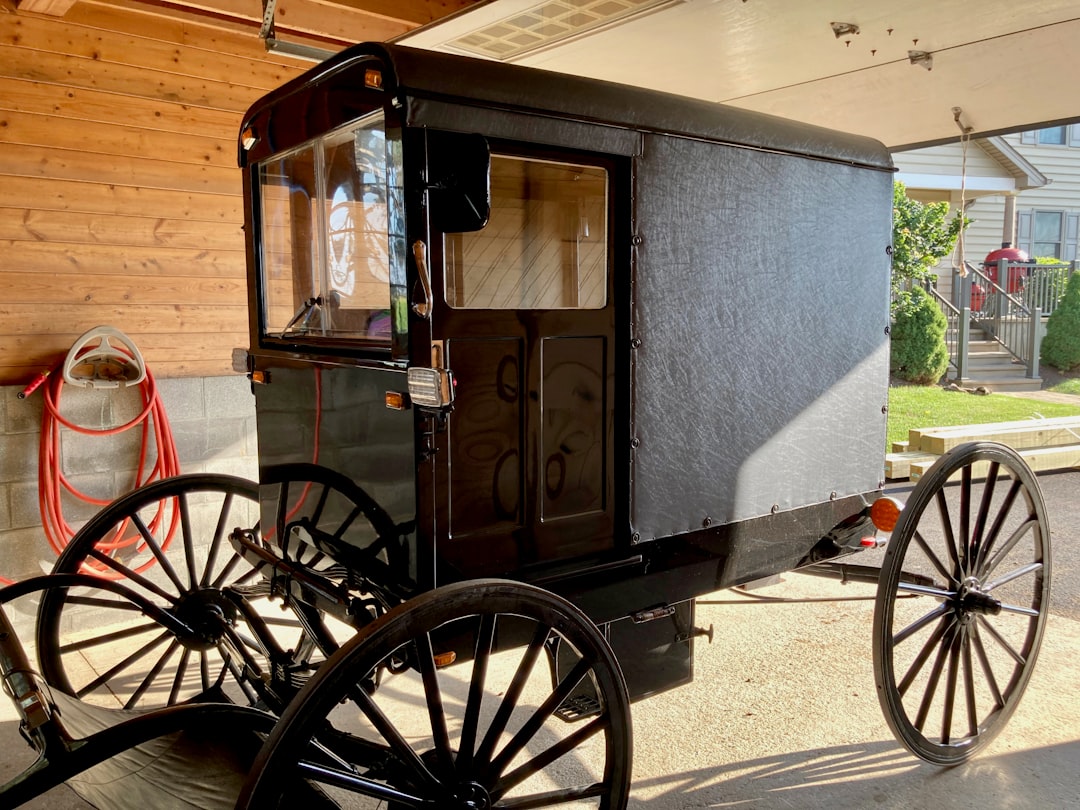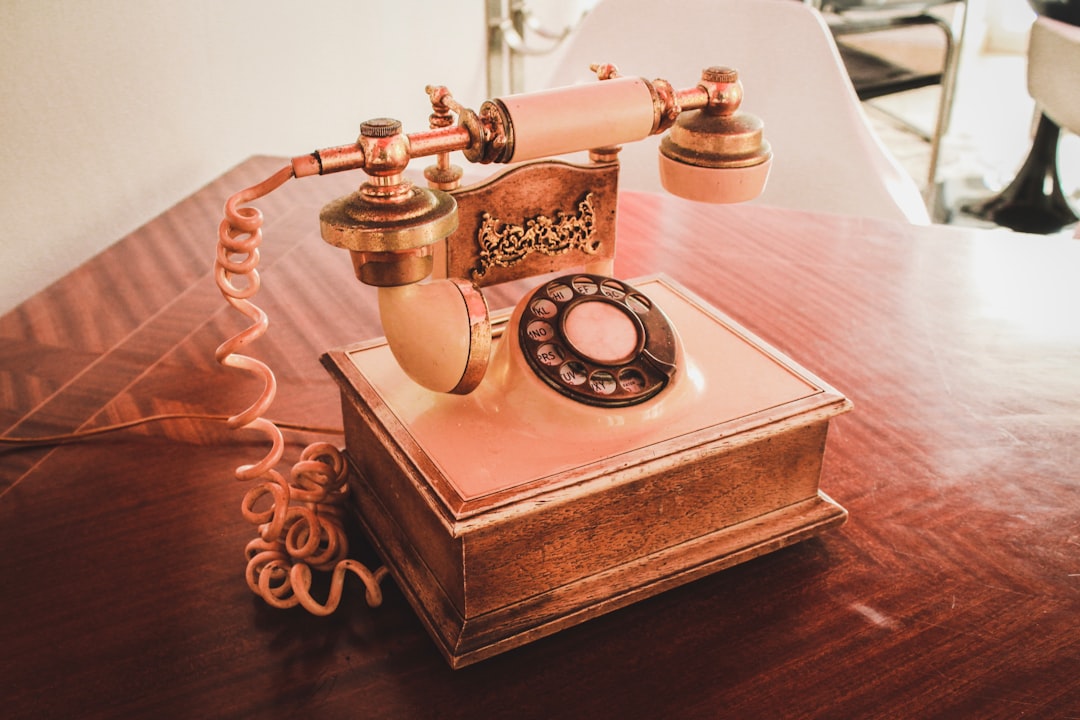Pennsylvania's No Call Law offers Scranton residents powerful protection against unwanted telemarketing calls. By registering with accredited no-call law firms, locals can reduce spam from multiple sources and opt-out of promotional calls. Recognizing spam caller tactics like fake numbers and automated systems is crucial. Utilizing Caller ID for identification and blocking, along with strategies like National Do Not Call Registry registration, limited contact sharing, and supporting local no-call law firms, can significantly curb nuisance calls and provide quieter communication environments.
Scranton residents can now take control of their phone lines with a powerful tool: Caller ID. With Pennsylvania’s strict No Call Law in place, understanding how to identify and block spam calls is essential. This guide delves into the world of unwanted telemarketing, teaching readers to recognize suspicious numbers and utilize caller ID effectively. By implementing these strategies, Scranton folks can navigate the phone landscape with reduced nuisance calls, ensuring a quieter, more peaceful communication experience. Learn how to protect your privacy and embrace Pennsylvania’s No Call Law firms’ efforts.
Understanding Pennsylvania's No Call Law

In Pennsylvania, residents are protected by the state’s No Call Law, which restricts telemarketers from making unwanted phone calls to homes and businesses. This law is designed to curb nuisance calls, including those from spammer operations targeting multiple individuals. By registering their phone numbers with accredited no call law firms in Pennsylvania, Scranton residents can take an active step towards reducing these intrusive calls.
The No Call Law allows Pennsylvanians to opt-out of receiving sales or promotional calls by simply registering their landline or cell phone number. Once registered, the law prohibits most commercial callers from initiating contact without prior express consent. This means that if a Scranton resident’s number is on the Do Not Call list, they should expect fewer spam calls, providing a much quieter and more peaceful communication environment.
Identifying Spam Calls and Their Sources

Scranton residents often face an influx of unwanted spam calls, a nuisance that can waste time and cause frustration. To combat this issue, understanding how to identify spam calls is the first step. These calls, typically originating from call law firms or telemarketing operations, often display fake or misleading numbers on caller ID.
Spam callers may use automated systems to dial randomly generated numbers in bulk, hoping to catch a few willing participants. They often target areas with high residential density, like Scranton, to maximize their reach. Recognizing these patterns can empower residents to take control and avoid engaging with such calls altogether.
Utilizing Caller ID to Block Unwanted Calls

Scranton residents now have a powerful tool in their arsenal against spam calls: Caller ID. This technology, available on most modern phones, allows users to identify incoming call sources and take immediate action to block unwanted communications. When a call from a No Call law firm in Pennsylvania or any other nuisance caller is detected, the recipient can swiftly reject it, preventing further disruptions.
By utilizing Caller ID, Scranton residents can gain control over their communication channels. They can easily block numbers associated with spam calls, including those from persistent legal firms that often employ aggressive marketing tactics. This simple yet effective method ensures that residents’ peace of mind is not compromised by relentless phone spam.
Additional Measures to Reduce Spam Calls in Scranton

In addition to leveraging Caller ID, Scranton residents can further reduce spam calls by implementing several other strategies. One effective method is to register on the National Do Not Call Registry. This federal list prevents telemarketers from calling residential telephone numbers for a period of five years. Residents should also be cautious about sharing their contact information, especially online or over the phone. Many spam calls originate from automated systems that collect and sell numbers, so limiting exposure can significantly decrease unwanted calls.
Another useful approach is to block known spammer numbers manually or through call-blocking apps. While these measures offer additional protection, the most lasting solution lies in supporting and enforcing the No Call Law firms in Pennsylvania. These legal actions send a strong message to telemarketers, discouraging them from making nuisance calls. By combining technological tools with proactive legislation, Scranton residents can create a much quieter and more peaceful environment.






